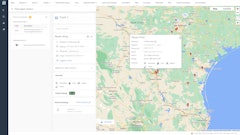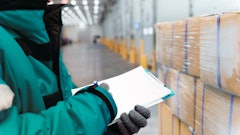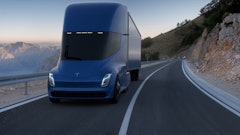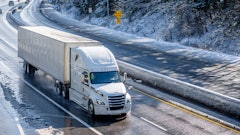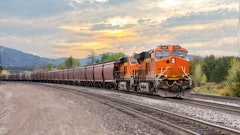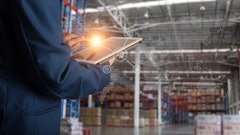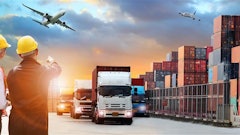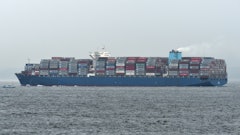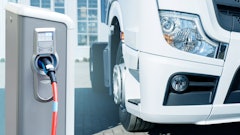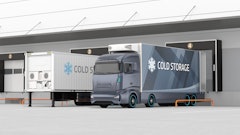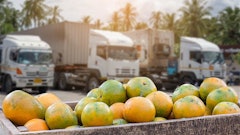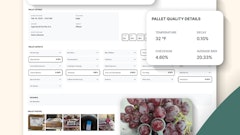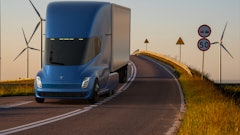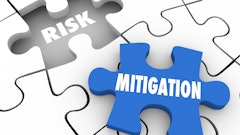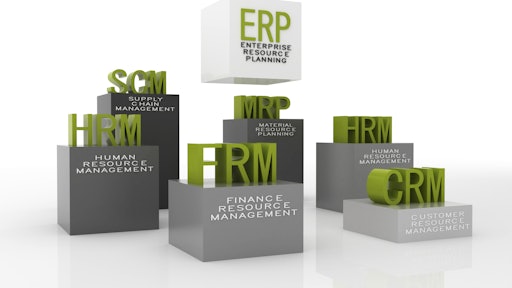
Enterprise Resource Planning (ERP) solutions and information technology will play a vital role in helping to ensure shippers, receivers and carriers who transport food in the U.S. meet and maintain compliance to the Food Safety Modernization Act (FSMA) regulations.
Carl Iversen, vice president of product development at LINKFRESH, offers an overview of the role ERP systems will play in meeting FSMA, the most extensive food safety regulations in 75 years, in the April Food Logistics.
Systemized recording of information exchange and record keeping are particularly key to these requirements and organizations involved in the transportation of food will not only need to develop and implement best practices processes and procedures, but they will also need to record data on what happened and when – similar to the requirements for a food traceability audit solution. Modern food industry specific business management solutions coupled with mobile electronic data capture technologies provide the ideal solution for a comprehensive food safety quality assurance solution.
For example, the required shipping conditions, such as type of vehicle, vehicle preparation (cleaning, pre-cooling), temperature, packaging, etc., can all be stored electronically in a single, central database against the individual food item and/or the customer. These requirements stored as “rules” can automatically generate a series of tests and checks to be carried out by personnel during the loading and unloading operation. The tests or checks to be performed can be presented and results recorded electronically in real-time via a mobile handheld PC or tablet device, and stored directly within the ERP system for easy retrieval, reporting and full audit trail and compliance with regulations. In addition, these devices are designed to operate in challenging conditions such as shipping containers, trailers or cold storage facilities. "Store and forward" data capabilities mean that data collection can continue even when there is no data network available in remote locations.







